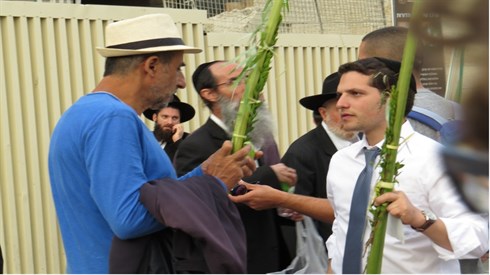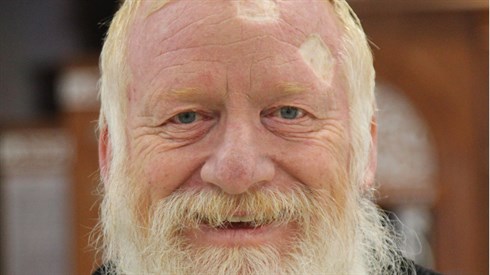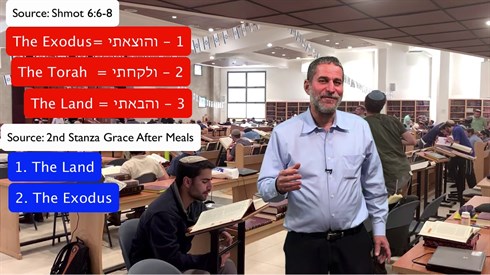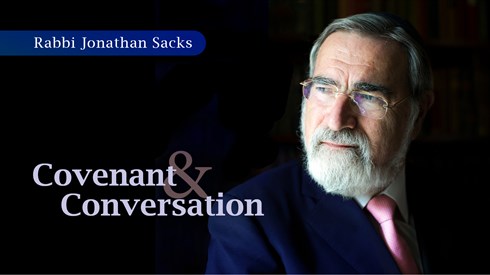If any human being was entitled to enter the Land of Israel and realize one’s life’s ambition it was certainly our leader and teacher Moshe. And yet we see again in this week’s parsha that this goal is denied to him. All of the commentators to the Torah attempt to deal with the problem of "why?" To our human logic the punishment does not really fit the transgression. Moshe’s exclusion from entering the Land of Israel has been debated over many millennia in the works of rabbinic scholarship. And after all of the explanations and reasons and theories that have been advanced over the ages the question "why?" still looms large. It is the second great "choik" - an event and decree beyond our understanding - that dominates the Torah narrative of this week’s parsha. We bow our heads in acceptance of Heavenly decrees in our personal and national life as well. The great Rabbi Menachem Mendel Morgenstern (Halperin) of Kotzk pithily summed up the matter as follows ""For the believer there are no questions; for the skeptic and agnostic there are no answers." Sooner or later in life we are blindsided by events over which we have no control or understanding. Even the wisest and most brilliant amongst us are left wondering as to "how" and "why." That is our fate as humans in dealing with the Creator and His ways and thoughts, so to speak. And that is the powerful and practical lesson of this week’s parsha.


Did R- Akiva-s Students Die or Were They Murdered in Bar Kochva-s Rebellion
Rabbi Ari Shvat | 18 Sivan 5784


The Four “Exiles”
Rabbi Yirmiyohu Kaganoff | Tevet 13 5781


The Significance of the Three Weeks
Rabbi Shlomo Fischer zt"l | Rosh Chodesh Av




















